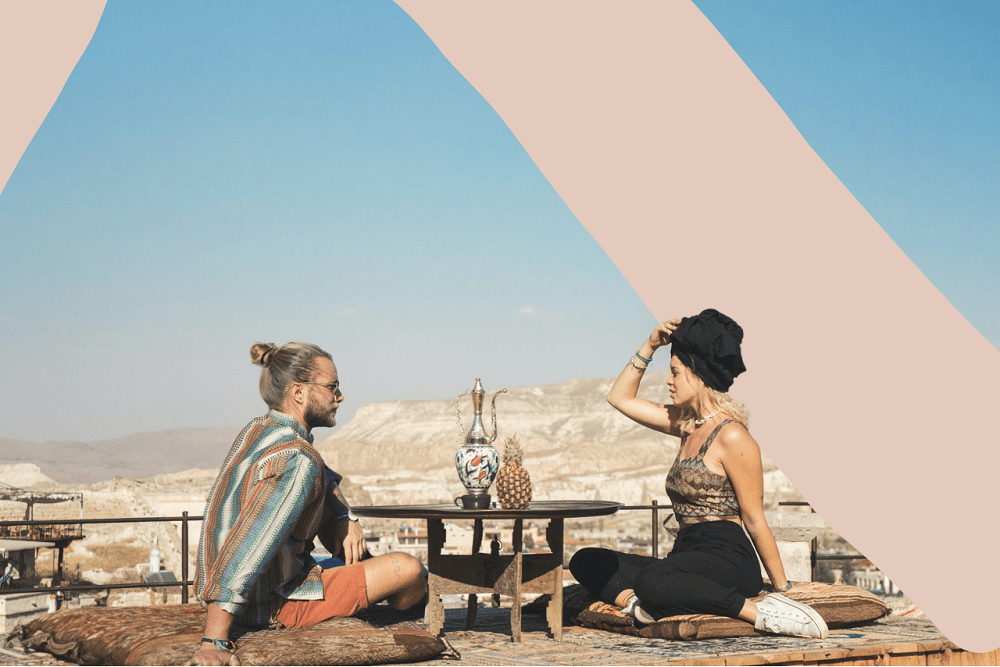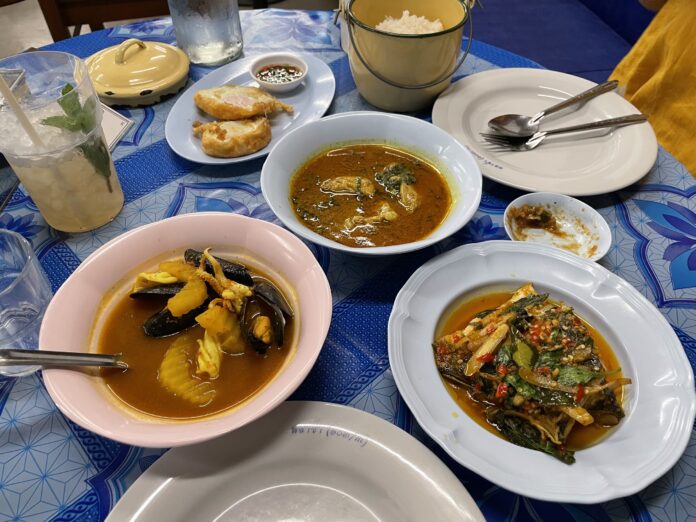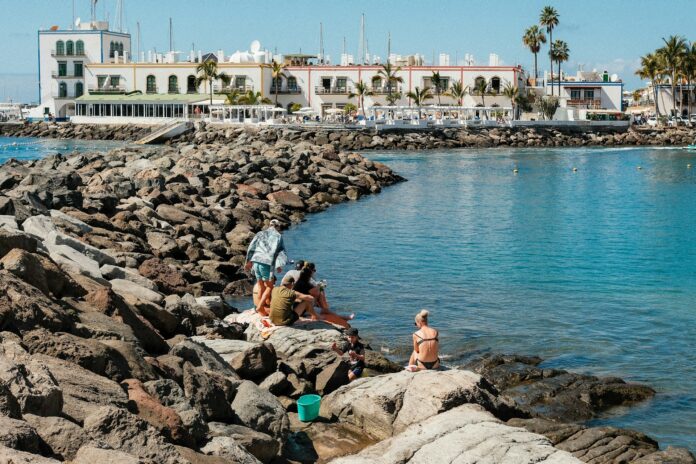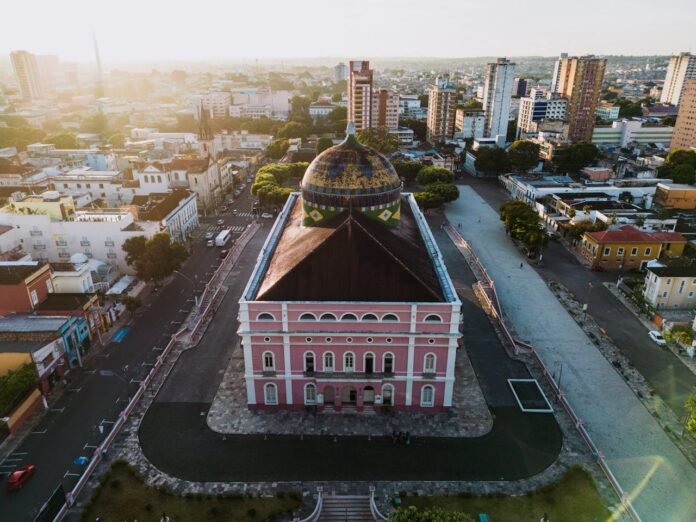Turkey’s rich culture and history, vast and varied landscapes, delectable cuisine and the warmest of welcomes all make the country one of the most popular holiday destinations on the planet today.
Whether you’re visiting to see the mosques of Istanbul, Cappadocia’s fairy chimneys which are famous in Turkey or the ancient ruins of Ephesus or for the Turquoise Coast’s diving opportunities, Turkey has so much to see and do. That said, in 2021 and after the 20 months we’ve all been through, concerns over health and safety can sometimes impede the unbridled sense of freedom associated with a great holiday. Don’t let trepidation stand in your way; if you’re touring Turkey, here are 5 top health and safety tips.
COVID GUIDELINES & RESTRICTIONS
As with any holiday destination right now, uncertainty and the threat of last minute changes hangs over every trip. It’s sensible, then, to regularly check for travel restrictions and guidelines issued by both the UK government and the equivalent rules from the Turkish side of things.
Right now, the rules are as follows, but they could change:
- Arrivals (aged 6 and over) must complete an online form within the last 72 hours before travel.
- Arrivals (aged 12 and over) must have proof of one of the following; a completed full course of COVID-19 vaccinations at least 14 days prior to landing in Turkey, recent recovery from COVID-19, or a negative COVID-19 test. The Turkish authorities will accept the NHS COVID Pass as evidence.
- When returning to the UK from Turkey and with the red list now scrapped, returning travellers will need to complete a COVID test on day 2 of being home. The rules are more strict if you’re not fully vaccinated, however. Check out a breakdown from Citizens Advice here.

DRESSING MODESTLY
In the majority of urban centres in Turkey, arguably the most liberal country in West Asia, women dress gracefully and stylishly. You’ll see women in both Burqas and Western clothing. However, you should keep in mind that social norms regarding clothing dictate that you dress modestly in some situations.
Particularly important if you find yourself in a mosque, church or other place of worship, or villages in more conservative areas of the country, be sure to cover your head, as well as your thighs, shoulders and upper arms. This will show a simple mark of respect for Turkish culture and prevent you from attracting unnecessary attention. As such, it’s sensible to carry a scarf or kimono in your backpack at all times. For men, dressing conservatively in places of worship is essential, too.
When in crowded areas of Istanbul, Ankara, and Ismir, in particular, and with any major city in the world, you should keep an eye on your belongings. Turkey is generally a totally safe country to visit, but the usual precautions should apply, especially on the subway in Istanbul or in its Grand Bazaar. Here, you should keep your valuables secure and out of the public’s sight.
What does that mean exactly? Some experts recommend keeping expensive jewellery and gadgets, such as watches, iPhones and cameras, out of sight. Instead, just wear a humble timepiece like a simple Casio, and keep your wallet in the front pocket of your trousers, ideally. With these simple precautions, you should be perfectly safe in this warm and welcoming country.
Read: 8 must-see places to visit in Turkey in 2022

TAKE ADVANTAGE OF PUBLIC TRANSPORT
These precautions should apply on public transport in Turkey, too. That said, the public transport system in the major cities, especially Istanbul, is modern, inexpensive and comfortable, helping you get around Istanbul seamlessly but also connecting visitors to other fantastic places in Turkey, including the blue lagoon at Fethiye, Cappadocia’s famous rock formations, and the quaint, bohemian charm of Kas.
Istanbul is well-connected to other cities via train, bus, and metro, making getting around the major sites in the country a breeze. The best bus services are Ulusoy and Safran—both of which have Wi-Fi. Passengers on long-distance journeys are given complementary snacks and beverages on both, and these buses are available for online reservations.
A little caution should be taken when taking taxis in Istanbul. Only take official taxis in the city; these can be recognised by their yellow colour, a ‘TAKSi’ sign on the top of the vehicle, and a built-in meter that is often integrated into the mirror of the car.

TAP WATER
It’s generally not safe to drink the tap water in Turkey. Though it’s usually safe for cleaning, washing up, cooking and making hot drinks, most visitors prefer to drink bottled water when visiting. Although Turkish authorities do insist the tap water is safe to drink, travellers find the smell and taste a little off-putting due to its high chlorine content.
APPROACH WITH AN OPEN MIND
Turkey is overwhelmingly a safe country, with an incredibly warm welcome, hospitable people and jovial atmosphere. If you apply the same precautions and common sense as you would when visiting any new destination, you’ll have a wonderful time in the country. While you’re visiting, do make sure you check out these 9 places to explore the culture and heritage of Istanbul. You won’t regret it!





